Acorns are the fruits of Quercus trees, which come in many forms. Representatives of this genus are common in several continents. They can be found in the US, Mexico, China, Germany, England, France, Estonia, Lithuania, Latvia, Poland, Moldova, Romania, Serbia.
Acorns have compact dimensions. They are between 1/2″ (1 cm) - 2″ (5 cm) long, their circumference is between 1/2″ (1.5 cm) - 1 1/2″ (3.5 cm). Acorns have 1 seed (sometimes more) that is encased in a brittle shell.
The seed takes around 6 months to a year to ripen, sometimes even 18 months. Acorns also have something akin to a cap. Initially, these fruits are green but as autumn progresses they attain a yellowish to brown color.
Once it falls to the ground from the tree, an acorn is usually buried by forest creatures and forms small roots. Thanks to them, a delicate sapling appears, which develops relatively slowly at first but gets big quickly in the final years of its life.
Acorns serve as food for numerous animals, including squirrels and wild boars. They can be eaten by humans too, as long as they are processed properly. Otherwise, consuming them may lead to adverse effects for the human body.
Composition of Acorns
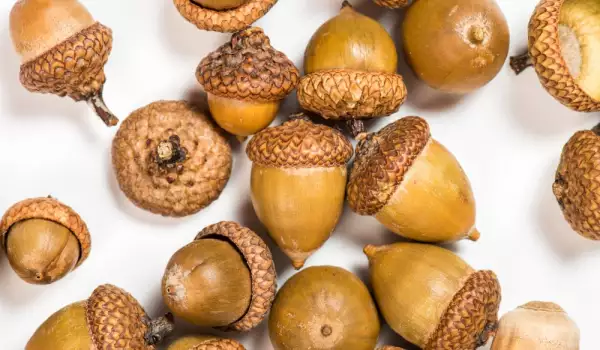
Acorns have a rich composition that explains their healing properties. They are a source of saturated, polyunsaturated and monounsaturated fatty acids, as well as water and proteins. They contain some amino acids, such as glutamic acid, aspartic acid, arginine, leucine, lysine, proline, tryptophan, histidine, cysteine and others. The other components found in acorns are copper, manganese, zinc, phosphorus, iron and calcium. Studies have shown that acorns contain vitamin B1, vitamin B2, vitamin B3, vitamin B5, vitamin B6.
History of Acorns
No matter how strange it may seem to us today, at one point in time acorns played a significant role in feeding many peoples around the world. According to some experts, during times of famine, the ancient Greeks and Japanese would consume these small, hard fruits. Flour can also be made from acorns but this idea is not very widespread in the modern culinary arts.
The Native Americans would crush them and place them in sacks, which they would then tie to river rocks. This way they would wash away their bitterness. Over the centuries they were also used as regular nuts. In addition, coffee was another product made from them. They are also prized for their ability to battle certain health problems, such as alcoholism.
Storage of Acorns
Acorns are picked when they are well ripened. They are then dried in the sun, after which they can be stored in dry and shady areas for a year or a little longer. They are best kept in storage rooms and cellars. Of course they need to be well wrapped so they don't get attacked by squirrels, mice or other rodents that eat them.
Cooking Acorns
Even though nowadays acorns are not the most used cooking product, we can't ignore the fact that they are suitable for cooking purposes. They can be soaked and dried, then eaten, without having to heat treat them. They can be roasted or oven baked. As previously mentioned, they can be used to make flour.
After roasting, they can be made into a warm drink, a sort of coffee substitute. To make a coffee, dry the acorns well in the sun until the fruits come out of the shell. Then cut the acorns into pieces and rinse them in boiling water several times.
Once rinsed, they can be dried in the oven at a moderate temperature. Use a kitchen chopper to grind the dry pieces into powder. Take a teaspoon of the resulting powder (or more if you prefer a stronger coffee) and let it boil with 1 1/5 cups of water. Then filter it. Sweeten with honey or sugar if you like.

Benefits of Acorns
The health benefits of acorns have been known to humans for a long time. Due to their abundant composition, they have an anti-inflammatory, antioxidant and diuretic effect. Acorns are highly valued by folk healers in dozens of nations for their ability to relieve spasms and inflammation. But according to experts, acorns that have the power to heal cannot be picked from just any oak - only from ones that are more than half a century old.
The benefits of acorns do not end here. It turns out that they are active in fighting many bacteria, they have an overall strengthening and antitumor effects. Oak fruits are used for bleeding and gum and tooth problems. They are also effective against female problems and bedwetting. In the folk medicine of some countries, they are flaunted as an aphrodisiac. Infusions made from acorns are taken against asthma, cough, hypertension, upset stomach and other problems.
Folk Medicine with Acorns
To improve digestion, folk medicine recommends a remedy made from mashed acorns. Collect ripe acorns from the ground ahead of time. Then lay them out in a dry and dark place so that they can dry. After 3 to 4 weeks, the acorns are ready for further treatment. Remove the caps and shells.
Washed the cleaned nuts, dry and grind them. To prepare the remedy, take 1 teaspoon of the powder. Pour 1 cup of boiling water over it and leave it until it cools. Then filter the cooled remedy. Divide this into 3 and drink within one day.
Dangers of Acorns
Even though healthy, acorns can be harmful to health. According to some experts they contain a toxic substance which can cause various ailments. If the acorns are soaked in water or heat treated, this dangerous component is neutralized.
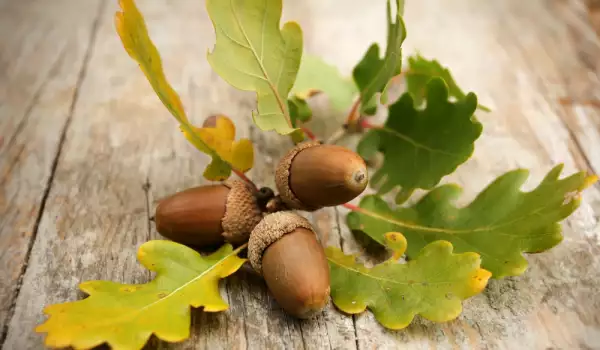
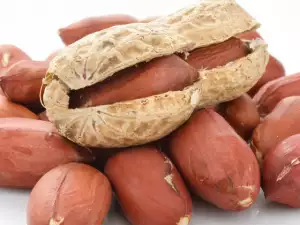
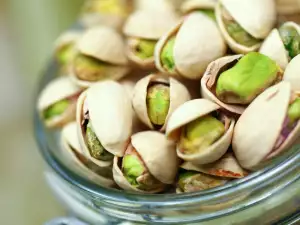
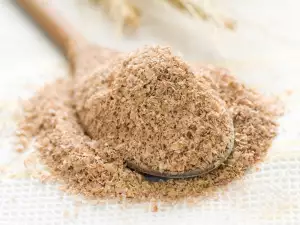
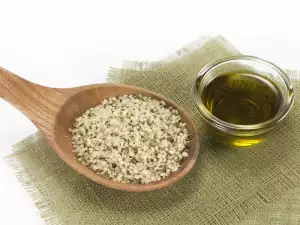

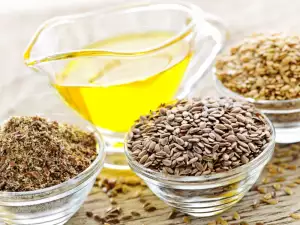


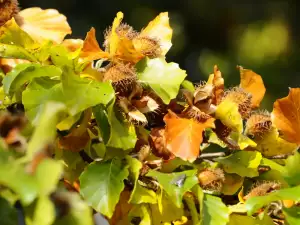








Comments